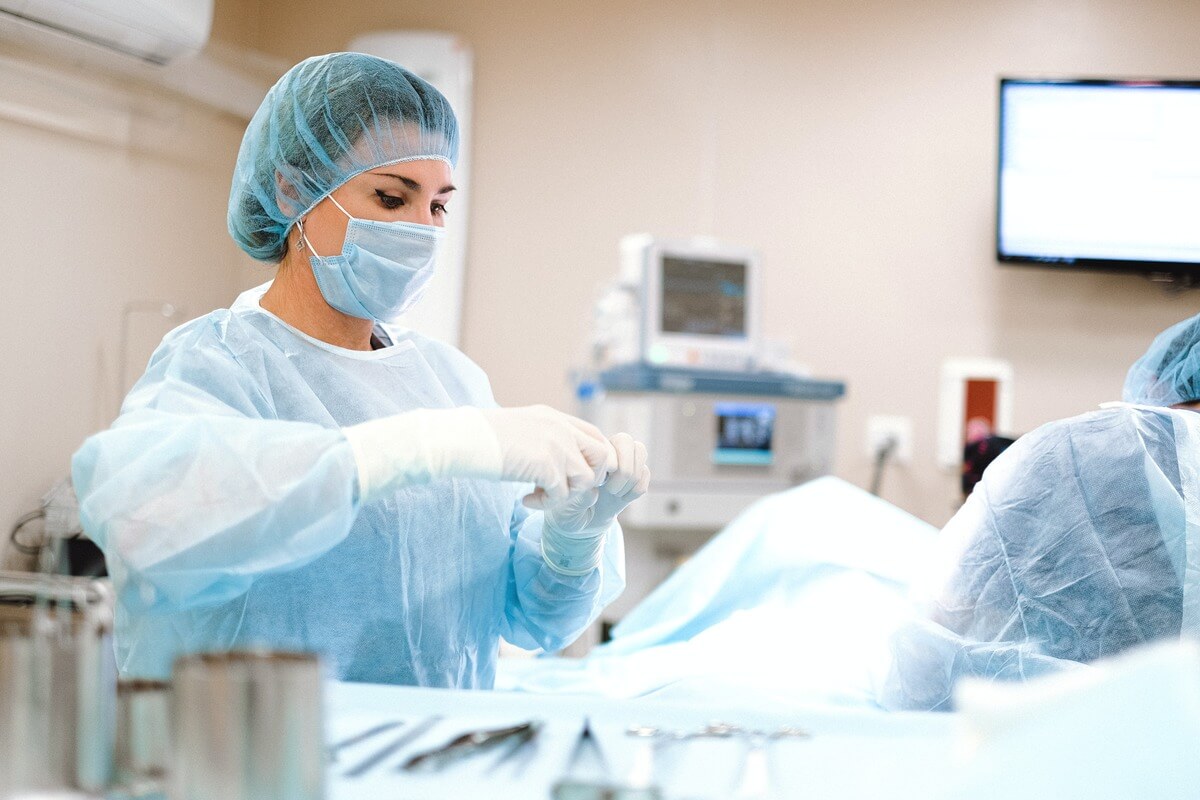
Medical negligence occurs when a healthcare provider or facility deviates from the standard of care expected of them by failing to do what a reasonably prudent provider would have done in similar circumstances.
Medical negligence can happen in any circumstance—from a doctor’s office to a hospital to a nursing home and beyond—basically, anywhere you might receive medical treatment.
If you or a loved one has been the victim of medical negligence, read on. In this blog post, the Dempsey Kingsland & Osteen, P.C. team will help you understand the legal definition of medical negligence and explain how we can help you recover the compensation you deserve.
What Constitutes Medical Negligence?
Medical negligence cases involve a healthcare provider harming a patient through their failure to provide the same level of reasonable care that a medical professional of similar skill and experience would have provided.
If you suffer harm as a result of medical negligence, you can file a medical malpractice claim against the practitioner and, in some cases, the facility they work for.
To prove your claim, you have to show that you had a doctor-patient relationship with the provider, that they failed to provide reasonable care, and that their failure caused you measurable damages.
Common Medical Negligence Cases
Medical negligence can take various forms and often involves situations where healthcare providers fail to meet the accepted standard of care, leading to harm or injury to patients. Examples of medical negligence can include:
- Misdiagnosis or delayed diagnosis—failing to accurately diagnose a patient’s condition in a timely manner, leading to delayed or incorrect treatment;
- Surgical errors—such as performing wrong-site surgery, leaving surgical instruments inside the patient’s body, damaging organs or tissues during surgery, or performing unnecessary procedures;
- Medication errors, including anesthesia errors—such as administering the wrong medication, incorrect dosage, or not considering a patient’s allergies or drug interactions when treating;
- Birth injuries—such as providing inadequate prenatal care, mishandling of childbirth, or improperly using medical instruments during delivery;
- Laboratory errors—such as incorrectly analyzing test results or mixing up patient samples.
This is not an exhaustive list, and virtually any medical procedure or setting can lead to a medical negligence claim.
If you have questions about whether the care you received qualifies as medical negligence, the Dempsey Kingsland & Osteen team may be able to help.
Proving Medical Negligence Cases
It is important to note that not every unfavorable medical outcome constitutes medical negligence.
Proving medical negligence requires demonstrating that the healthcare provider’s actions or omissions were below the accepted standard of care and directly led to harm.
If you believe you or a loved one has been a victim of medical negligence, you should consult with a medical malpractice attorney to assess the merits of your case.
How DKO Can Help
The dedicated team at Dempsey Kingsland & Osteen are effective and compassionate advocates for victims of medical negligence and their surviving loved ones. Our staff includes both experienced attorneys and over two dozen medical professionals.
If you or your loved one suffered injuries because a doctor or hospital made a mistake, contact us today to schedule a free consultation.


